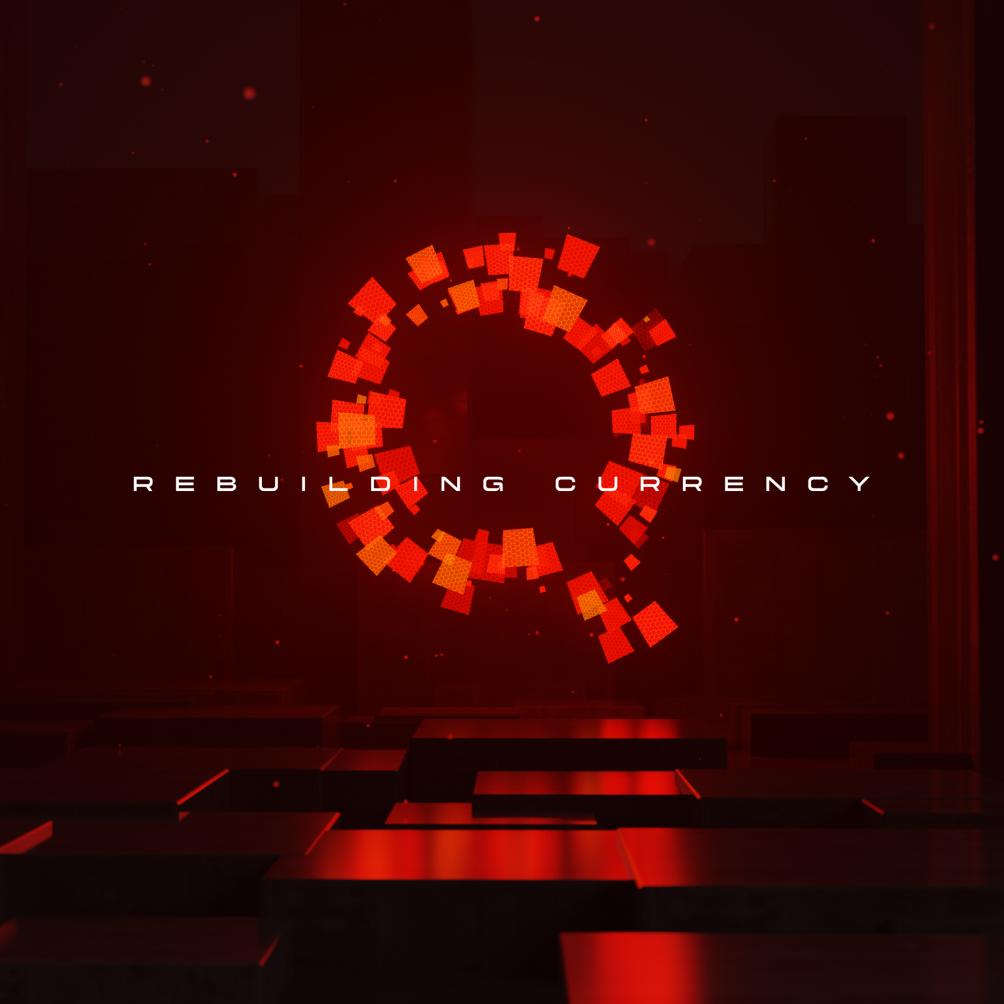
Welcome to the thirteenth edition of “This Week in Quai,” an initiative by the development company of Quai Network, Dominant Strategies. This Week in Quai offers weekly updates to the Quai Community by aggregating popular Quai quotes and social posts from the past week and offering a schedule for upcoming events.
Want to get “This Week in Quai” delivered straight to your inbox? Sign up for the Quai Newsletter by Dominant Strategies.
What is Quai?
Quai Network is a pre-launch cryptocurrency. Quai is the first blockchain protocol that is simultaneously decentralized, censorship resistant, and infinitely scalable. Quai, in contrast to traditional cryptocurrencies, functions as a network of many interoperable blockchains braided together. Due to a breakthrough discovery that occurred during research on Proof-of-Work, Quai Network utilizes a new consensus mechanism, Proof-of-Entropy-Minima (PoEM), which eliminates all consensus-based forks, and enables all Quai nodes to remain in “perpetual consensus.”
Quote of the Week
“Running a novel consensus in devnet ✅
Staying consistent over 1k TPS ✅
Doing more transactions in a day than Bitcoin does in a year ✅
Building continues 🚀
”
Quai co-founder Alan via Twitter (X)
In this quote from Alan, he shares an update from a Quai Devnet that has been run by the Dominant Strategies team for debugging purposes. This update focused on the sheer number of transactions that Quai is able to process at full load.
Alan shared that the Quai Devnet has been running stable at 1,000+ TPS, and that the Quai Devnet is processing around the same number of transactions in a 24 hour period that Bitcoin does in a year. If a consistent 1,400 TPS is assumed based on the image provided, the Quai Devnet would process 120,960,000 transactions within a 24 hour period. Bitcoin, assuming a stable 4 TPS, can process 345,600 transactions in a 24 hour period, or 126,144,000 transactions over the course of a year. The current Quai Network Devnet is actively processing approximately the same number of transactions every 24 hours as Bitcoin processes in 1 year.
Technical Term of the Week
Miner (blockchain) – A participant in a blockchain network who competes for the opportunity to generate a new block by performing mathematical calculations known as “hashing”. Miners secure the network by ordering transactions and performing “work” on top of completed transactions.
Miners are integral players in all work-based cryptocurrencies. Through the process of mining, a disparate network of participants with competing interests and incentives are able to come to consensus on which transactions affect the ledger in what order.
Additionally, by performing “work” on top of completed transactions, miners are responsible for the immutable nature of blockchains. Each new block that a miner generates contains a reference to the previous block’s hash, forming a chain of blocks. By extending the blockchain with additional blocks and building on top of previous work, miners reinforce the security of the entire chain.
The competition involved in mining and the requirement to expend computational power makes it computationally infeasible for a malicious actor to retroactively alter blocks, as doing so would necessitate redoing all the work performed after the target block, which becomes increasingly impractical with the growth of the blockchain. A large base of miners ensures the integrity of the ledger and the reliability of the network as a whole.
Top Posts of the Week
- Quai community member Pavil made a new art piece with featuring Quai Network and the Pudgy Penguins:
- A recording of Dr. Ks University Call covering the differences between Proof-of-Work, Proof-of-Stake, and Proof-of-Entropy-Minima consensus was posted on YouTube:
- Quai co-founder Alan posted an update on internal devnets:
- The Quai community was asked what tutorials they’d like to see available for the Iron Age Testnet:
- Quai Network was discussed in a writeup by the Amber Group:
- A Quai Friday community call was hosted on Twitter with members of the Solar Dex team:
Upcoming Events
Quai Network Office Hours with Justin: August 8, 2023 @ 10am CST – Join Dominant Strategies team member Justin for a casual discussion/AMA on Quai Network’s technology.
Quai Network Office Hours with Max: August 10, 2023 @ 9am CST – Join Dominant Strategies team member Max for a casual discussion/AMA on Quai Network’s technology.
Quai Network Community Happy Hour: August 10, 2023 @ 6:30pm CST – Join members of the Quai Community and Dominant Strategies team for an IRL meetup in Austin, Texas! Show up in Quai merch for free drinks. If you don’t have any Quai merch yet, it will be provided at the event!
Quai Fridays Community Call: August 11, 2023 @ 11am CST – Join members of the Dominant Strategies team on Twitter Spaces for a discussion on the development/testing of the Quai protocol, and how to build on Quai in the Iron Age Testnet.
